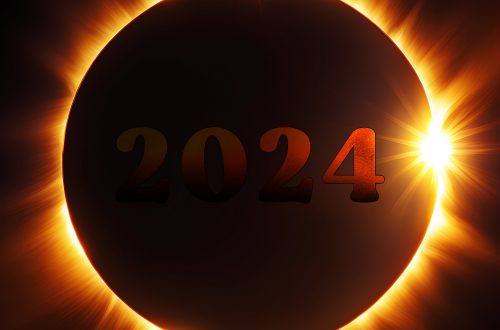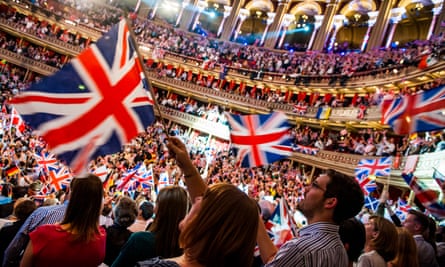This is a Cross-Post by Adam Barnett
In the early hours of yesterday morning, the offices of a satirical magazine in Paris were destroyed by a petrol bomb, which burned all of the staff’s paperwork and melted their computers. The building’s windows are smashed to pieces, water has emerged from wherever it had been, and the objects housed within are now blackened and charred. Parisian weekly Charlie Hebdo has been rendered unable to produce any further editions. Its editor hopes to be able to cobble something together for next week.
What did the staff of Charlie Hebdo do to have their livelihoods attacked in this way? What was the supposed offense committed by the paper? Answer: the publication of mildly satirical drawings of a religious figure. Of course! B follows A just as day follows night, surely? Oh, you don’t think one is the natural consequence of the other? No, come to think of it, I’m not sure I see anything “inevitable” there either.
Okay, so what’s required here is a defence of free expression and the right to publish satire, even when its subject is (gasp) a revered theological or historical person. Actually, that’s more or less what the French state has provided, with the Prime Minister, the Mayor of Paris and others intoning words to that effect. A number of French publications have also offered the magazine “shelter” and assistance in a rather heartening act of solidarity.
How has our brave press fared this time around, safely cushioned by the English Channel? Well, the reporting has been alright, if a bit “rabbit-in-the-headlights.” However I have noticed a glaring omission in the coverage: the drawings! As far as I can tell, not a single national news rag from hallowed Fleet Street has seen fit to print the subject of the story. (Some of the fish-and-chip bound free papers showed editor Stephane Charbonnier holding a copy of the magazine.) Now, it may be that the decent, liberal, sensitive hacks who run these papers have decided that to include the offending pictures might upset some people, in particular their Muslim readers, (the Daily Mail…?). But one can’t shake the suspicion that they took one look at the offices of Charlie Hebdo (or Jyllands Posten, or the photos of Theo van Gogh…) and decided that discretion is the better part of valour. Whatever the reason, the British press (and the New York Times) have deprived the public of the right to see the drawings and make up their own minds. For shame. (In contrast, Le Monde has published a slide show of the drawings on its website.)
A surrender of this kind will be familiar to anyone who was conscious and literate in 2006. But the commentary generated by this attack reveals some new and interesting developments. Index on Censorship has published an excellent piece by Sara Yasin, which I urge you to read. They rather soured the mix by pairing it with an article by Myriam Francois-Cerrah, (whom they often call up on such occasions), in which she attributes the bombing of Charlie Hebdo’s offices to the failure of French society to accommodate its Muslim population. She also offers the paper advice on what sort of drawings they should be publishing.
Similarly, Pierre Haski writes in the Guardian that this attack is born of alienation among French Muslims, the rise of the far-right in France (naturally) and “the underground tensions in society.” Now, suppose that the Christian population in, say England, felt that its religious, communal or indeed ethnic sensitivities were being routinely ignored, trampled on or disrespected, to the point where Christians felt marginalised in English society. Posit too the rise of left-wing ideas in popular discourse which seem to threaten all that English Christians hold dear. (This is not a hypothetical example, as a glance at the conservative papers or a visit to an EDL rally will show.) Would commentators in the British press, should one of these aggrieved Christians decide to bomb the offices of a newspaper it disliked, blame such an attack on “societal tensions”? Would they list at length all the possible justifications the culprit might have had for the bombing before the arsonist has even spoken on the matter? These questions answer themselves.
I don’t mean by this to validate anyone’s religious or ethnic self-pity, nor to identify a lazy hypocrisy. The crucial point is this: if you grant a minority or community group the right to resort to violence should they dislike what someone writes or draws, (providing they feel put upon or mistreated), then you will 1) greatly increase the number of cases in which that happens, and 2) be forced to grant it for every other group who can (and will) claim the same. The beginning of wisdom is to say that no group or individual has that right.
This is not to say that the conflicts in society or the concerns its members have should be neglected or dismissed. Such issues are certainly worthy of discussion and debate. But “dialogue” and a free exchange of ideas cannot take place when there is a loaded revolver on the lap of one of the participants.


